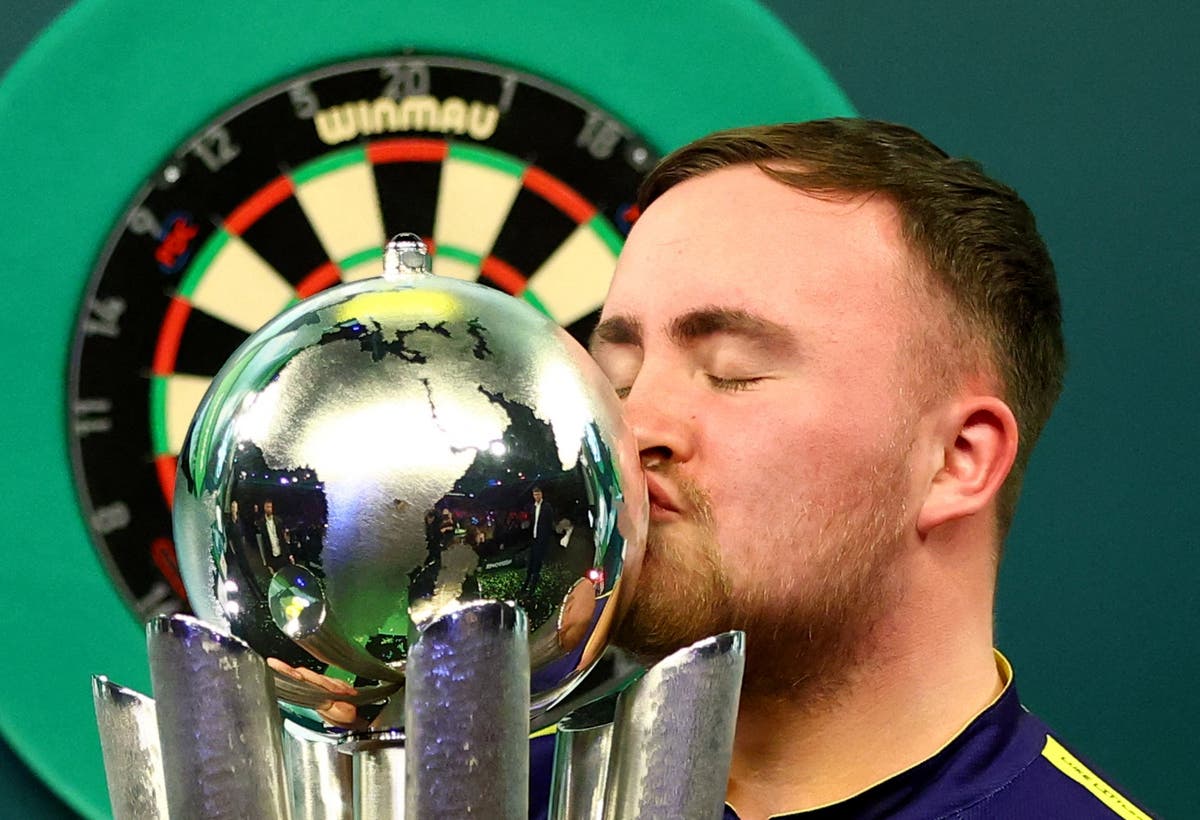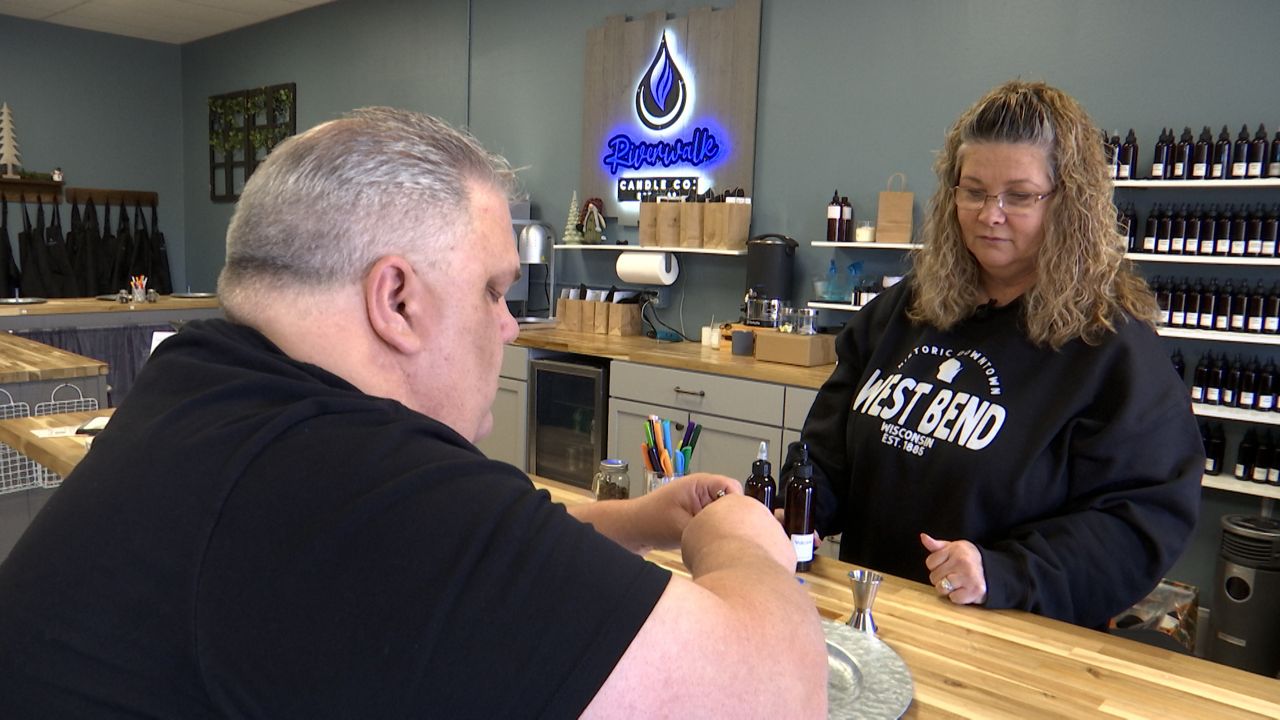Gambling
Risk, reward, regret

Jerry Lewis started wagering on horse racing at age 14 while still in school. Some 50 years later, Lewis, who has had an unbroken stretch gambling on horse racing, spends most of his time these days at a popular Off-track Betting (OTB) shop in the heart of downtown Kingston.
When asked if he considered himself addicted to gambling, Lewis quickly denied it, explaining that his interest in horse racing was not driven by addiction, but rather a genuine love for the sport. He regards it as his primary form of entertainment.
At a bar next to where Lewis gambles near the corner of East and East Queen streets, a young woman sits on a stool before a slot machine, lost in concentration. While it is difficult to catch her exact words from a distance, her actions clearly indicate a deep engagement with the game.
Sasha*, who frequents the bar nightly, spends hours on the machines, hoping for a big win. Although she admits that hitting the jackpot is rare, she finds herself returning again and again to try her luck.
She told The Sunday Gleaner that she is not addicted to gaming, adding that from time to time, she gets lucky, although most times, she loses her money.
She shared some startling stories of persons who suffered huge losses on the machines.
Sasha recalled a man who blew his entire paycheque on a slot machine and could not even find bus fare to go home. He became so enraged, she said, that he rained heavy blows on the machine.
The habitual gambler also revealed that another man, who also visits the bar regularly, found himself in a pickle after he spent hours gaming and ended up losing his rent.
Despite the losses, 65-year-old Lewis remains unfazed by his own experiences. While he acknowledges that he wins less frequently than he loses, he continues to visit the OTB to place his bets. Occasionally, he participates in Lotto and Cash Pot, but it is horse racing that still thrills him the most.
“All when mi nah win, mi gamble, because mi just love the game because this is my entertainment,” he told The Sunday Gleaner.
Lewis admitted that, over the past year, he missed out on winnings totalling hundreds of thousands of dollars due to the disqualification of horses he had bet on. Despite these setbacks, he recalled a time when his luck was more favourable, and he regularly raked in substantial winnings of more than $200,000. These days, however, his luck seems to have deserted him.
‘A PART OF GAMBLING’
“Mi nuh know wah a gwaan these days because the jockeys dem mek a bad ride, and so mi a tell you, from last year a 19 disqualification that, but mi just tek it cool and know say a part of the gambling that,” he lamented.
The losses, Lewis said, are disappointing, especially since he had hoped to use the winnings to expand his small business.
“Suh mi woulda have more goods fi sell and launch out, but mi can live with that because it’s a part of life because sometimes a nuh weh you want you get, but what you get, you have fi tek,” he reasoned, accepting the unpredictability as part of the gambling experience.
He emphasised that frustration and anxiety are detrimental to the process.
“In a gambling, if you can’t stand losing, don’t play, because it is a win and lose game and you have 75 per cent more likely to lose than win,” Lewis admitted. “If you don’t take that approach, you gonna have painful feelings and a broken heart that can lead to the worst nightmare.”
Richard Henry, programme manager for the prevention, treatment, and research of gambling disorders at RISE Life Management, explained that while most people gamble without issue, problems arise when gambling shifts from being a form of entertainment to a source of livelihood. According to Henry, this shift can lead to significant social and personal consequences.
A 2022 study titled Investigation of Adult Gambling in Jamaica, commissioned by the Betting, Gaming and Lotteries Commission (BGLC), surveyed 2,001 individuals aged 18 to 65. The study revealed that three per cent of respondents were pathological gamblers, while an additional 10 per cent were problem gamblers. A further 9.6 per cent were considered at-risk gamblers and 11.7 per cent were non-problem gamblers based on gambling behaviour in the preceding 12 months.
Notably, the study found that those in the oldest (44.3%) and youngest (42.7%) age cohorts were significantly more likely than the other age groups surveyed to have never gambled. However, the youngest age group (18 to 24) had the highest percentage of problem and pathological gamblers, with 14.1 per cent of 18-24-year-olds and 13.5 per cent of 25-28-year-olds classified as problem gamblers and 5.1 per cent and 4.4 per cent, respectively, as pathological gamblers.
Henry, a licensed associate psychologist, noted that people who get hooked on gambling often find that their relationships, family, finances, businesses are impacted negatively. He said the majority of calls made to RISE Life Management are from family members and close friends seeking help for individuals struggling with gambling. However, for effective intervention, he said, the gambler must be willing to get help.
He recounted the story of an individual in the medical field who lost nearly $15 million to gambling over three years.
“Persons with gambling disorders, what they do significantly is something that we call ‘chasing’. They try to win back the money they had already lost,” he pointed out. “People with gambling disorders have issues with the way they think – they have issues with cognition. They ascribe cause and effect where there actually isn’t any.”
He noted how some players of a popular game often use what they call rakes to place bets.
“There is nothing wrong with a rake, but know that the rake is just a rake is just a rake is just a rake,” Henry quipped, noting that, unfortunately, some bettors ascribe a high level of certainty to rakes as if it were a science.
He also explained that there is a correlation between gambling disorders and some psychiatric conditions, usually depression and anxiety.
“There are times when persons get into gambling because when they enter the gaming lounge or whenever they play, they feel less anxious. So it is almost self-medicating, but that doesn’t last very long,” the associate psychologist told The Sunday Gleaner. “What they really need to do is to go and see a psychiatrist and go through the correct route of getting treatment.”
Henry cautioned that people with serious gambling disorders could find themselves in situations where they begin to liquidate their assets and use other people’s money.
“The idea is people tell themselves that ‘the reason why I lost is because the waitress that was dealing with me inside the gaming lounge is salt’ or ‘it’s because I did not wear my lucky pants or lucky socks’.”
The addicted gambler may then return with a ‘lucky charm’, ready to use his child’s school fee to gamble again believing he can recoup his losses and ends up deeper in debt.
“Now you are in a bind because you have to play again because you need back the school fee,” Henry said, noting the slippery slope.
Most people with a gambling disorder, he said, had at least one big win in the past.
“That big win sits in your brain. It’s what we call, in the area of addiction, euphoric recall. Simply put, it is the mind’s ability to remember only the good things.”
The gambling addict believes if he was able to hit the jackpot 10 years ago, his luck will return in the near future.
Jamaica’s formal betting sector encompasses fixed-odds betting on horse racing (both local and simulcast), bookmaking, sports betting inclusive of online games and poker games and parimutuel wagering.
The BGLC, which regulates the local gaming industry, reported that the total sales for the industry in the April 2024 to June 2024 quarter amounted to $60.969 billion – a year-on-year increase of 2.39 per cent.










